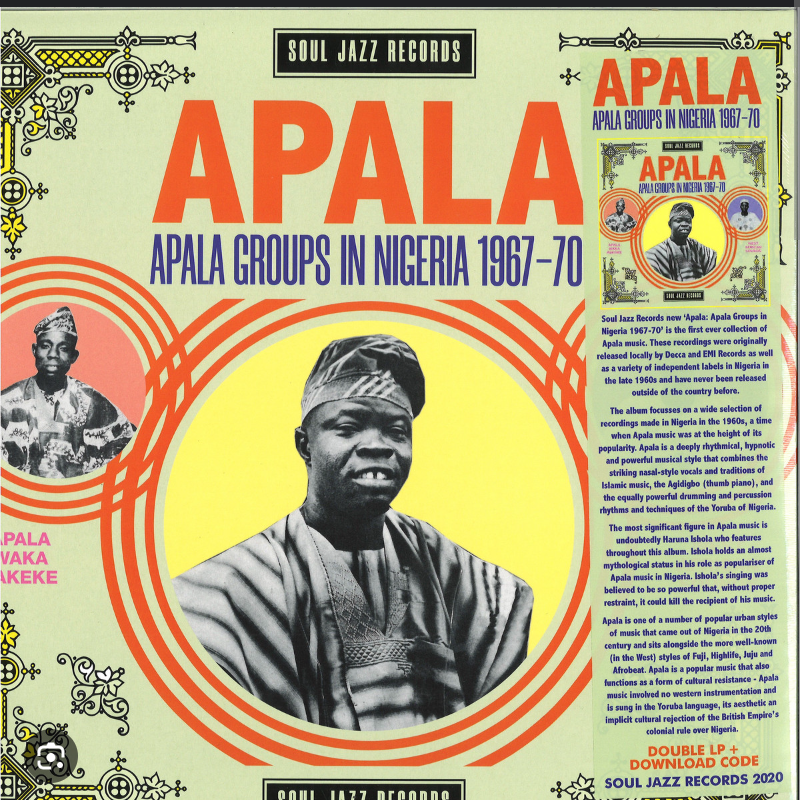The Nigerian music industry has traveled a remarkable journey, evolving from traditional rhythms to a global powerhouse of sound and culture. In its earliest days, music was deeply rooted in folklore, drumming, and chants that carried the spirit of communities. Genres like Juju, Fuji, Highlife, and Apala served not only as entertainment but also as a means of storytelling, moral teaching, and cultural preservation. Legends such as King Sunny Adé, Ebenezer Obey, and Fela Anikulapo-Kuti used their art to define eras, blending indigenous beats with modern instruments and using music as a tool for both joy and resistance.By the late 20th century, Nigeria’s music began to absorb influences from funk, reggae, and hip-hop, creating a unique Afrocentric blend. The 1990s and early 2000s marked a new phase where pioneers like 2Baba, Plantashun Boiz, Tony Tetuila, and Styl-Plus brought Afropop to mainstream attention. Their music carried themes of love, struggle, and unity, resonating deeply with a growing youthful audience. This was also the era of experimentation, where homegrown talent learned to blend Western pop structures with African storytelling, slowly shaping what the world would come to know as Afrobeats.
The 2010s ushered in a golden era where Nigerian artists broke beyond national borders, taking African music to the global stage. With figures like Wizkid, Burna Boy, Tiwa Savage, and Davido, Nigerian music became a cultural export. Collaborations with international stars, sold-out concerts across continents, and Grammy recognitions cemented Afrobeats as a global force. Streaming platforms, social media, and vibrant music videos amplified this reach, making Nigerian music not just a sound but a movement that spoke to identity, resilience, and joy.Today, the Nigerian music industry stands as a beacon of African creativity and influence. It continues to evolve, embracing new sounds like Alte and Drill while maintaining its roots in rich cultural heritage. Beyond the beats, it has become a platform for youth empowerment, economic growth, and global cultural dialogue. From village squares to world arenas, Nigerian music tells a story of transformation, proving that a nation’s rhythm can indeed echo across the world and inspire generation .

